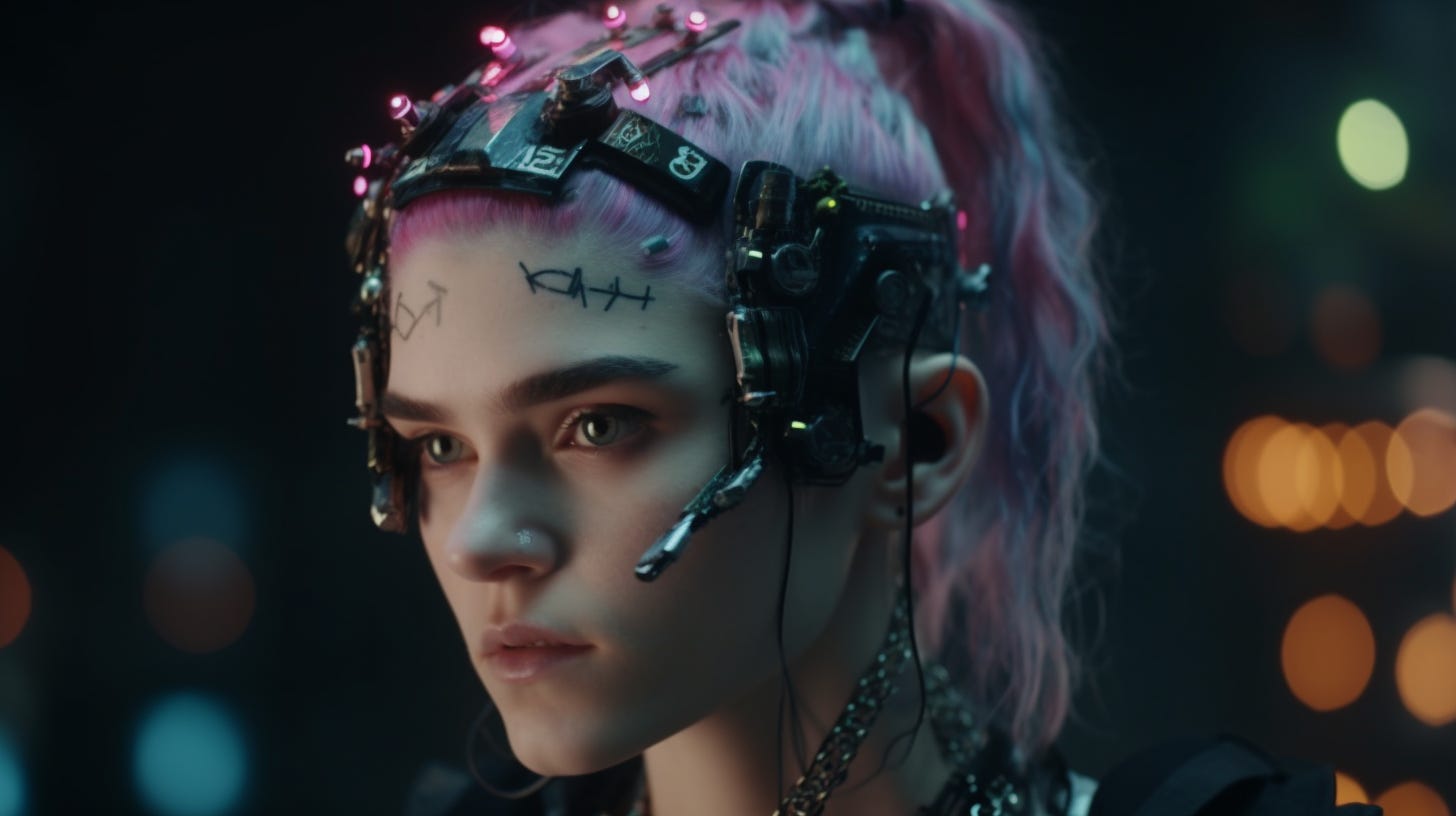The Future of Music: Grimes is Pioneering AI Collaboration & Royalty Sharing
Challenging Copyright Norms: Grimes Shares Royalties with AI-Generated Music Creators
The Gist
Grimes offered AI artists the use of her voice without worrying about copyright or legal enforcement.
She’ll split 50% royalties for any successful AI-generated song that uses her voice.
Her announcement follows the removal of an AI-generated song using voices of Drake and The Weeknd, as their representative claimed it violated copyright law.
The U…



